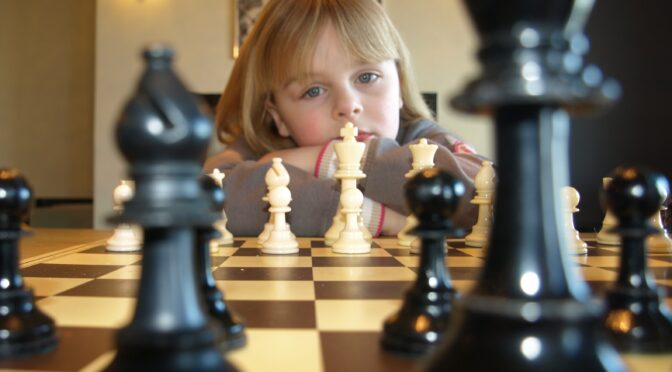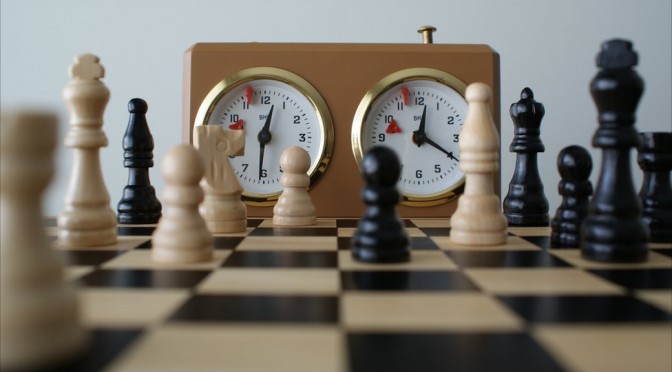Paul Henry BUSWELL
14th of March, 1950 to 18th of October 2022
Paul BUSWELL as he was generally known was born in Kingston on Thames on the 14th of March, 1950, I do not know much about Paul’s early life only that he has a sister Anita who is 10 years his junior. On leaving school Paul furthered his education at Norwich University and on finishing university Paul obtained a position as general Secretary of the British Chess Federation. At that time he was the only paid employee
I first met Paul at the British Chess Championships in Portsmouth in 1976. My first view of Paul was of a Ginger denim shirt and jeans on a stage, carrying boxes. Paul would have been 26 years of age I was 15
Paul was still based in Norwich with the British Chess Federation when they bought the British Chess Magazine in St Leonard’s and with a building there the BCF decided to relocate. Paul made the decision to relocate with them.
It was at this time I renewed my acquaintance with Paul when he required an office boy so to speak to do the mundane things in the office. This would have been about 1982, I worked for Paul for approximately three years as a one day a week person.
After 11 years Paul decided to give up the post of General Secretary of the BCF.
However, Paul’s interest in chess still continued when he joined the committee of the Hastings International Chess Congress. This was at the time the of the Foreign Colonial sponsorship and formed the local end of the trio of Buswell, Power and Bryant’.
During that time Paul instigated his famous Buswell and Bryant Rapid play at the Congress (and yes, I was still the office boy) and it got national and international press coverage.
Do not take my word on it just ask Mark Hebden, Keith Arkell or Simon Williams about them.
And I will always remember that night in the Carlisle when the Germans came to play in force. Well if not to play certainly to drink and sing. The atmosphere was electric, something that only Paul could do.
Paul was also involved with the Friends of British Chess of which, I believe, for some years he was treasurer.
In the 1990s Paul became involved with the Hastings and St Leonards Chess Club, holdings positions of match captain, treasurer and eventually chairman
It was about this time Paul instigated his famous French trips for club members with two packed out cars taking the tunnel and playing the French and this was so popular it continues to this day with the club having another trip on November 11th. This was all down to Paul who also introduced his one-day Rapid Play at the club which is always extremely popular.
Paul was also instrumental in converting the Hastings and St Leonards Chess Club into a limited company. This had huge implications when Covid came along through the club receiving numerous government subsidies that would never have happened had it not been for Paul’s insight
Paul was a no fuss kind of guy who never liked having his photo taken and was very modest when people or organisations wish to honour him too the best of my knowledge. He twice turned down the English Chess Federation’s Presidential Award for Services to Chess. I can think of no better honour to Paul to honour him in death with an award that he refused in life.
I considered nobody more deserving to this award for over 50 years serving British chess
What he refused in life should probably be awarded to him in death.
I was with him at Scarborough last year when he started to lose his appetite and Paul being Paul with an inherent fear of doctors put off getting diagnosed and unfortunately when he was diagnosed with bowel cancer it was already too late.
Paul died peacefully at Saint Michael’s hospice in his sleep on October the 18th at 9.15.
It has to be said Paul was a victim of his own fears and a self-fulfilling prophecy.
In accordance with Paul wishes, Paul’s funeral will have no guests, no fuss, no expense, no religious aspects. Therefore the Executors will honour those wishes.
However, we may do something at the spreading of the ashes. Anybody wishing to honour Paul may do so by offering a donation to Saint Michael’s Hospice in Hastings who gave Paul excellent care in the last two weeks of his life.
I would like to offer my sincere condolences to Paul’s sister and his extended family.
And lastly on a personal note good night my friend and sleep well you are already missed.
Marc A Bryant

